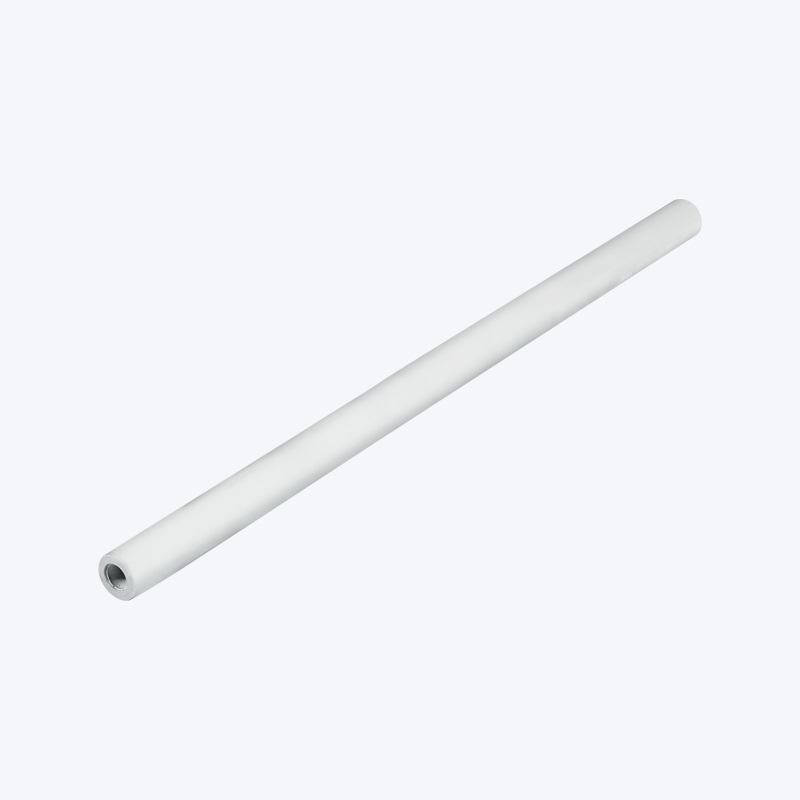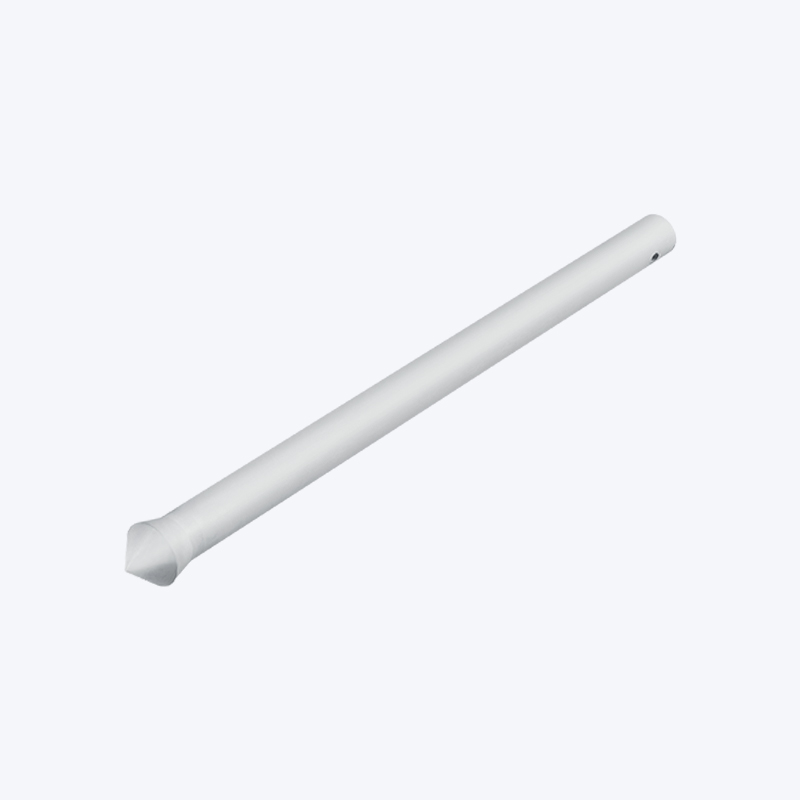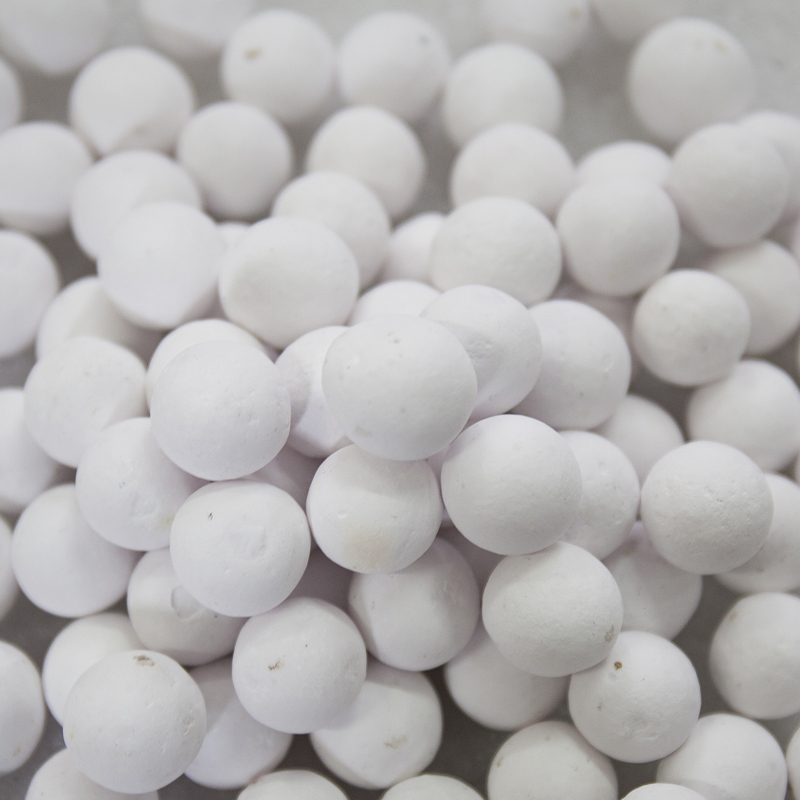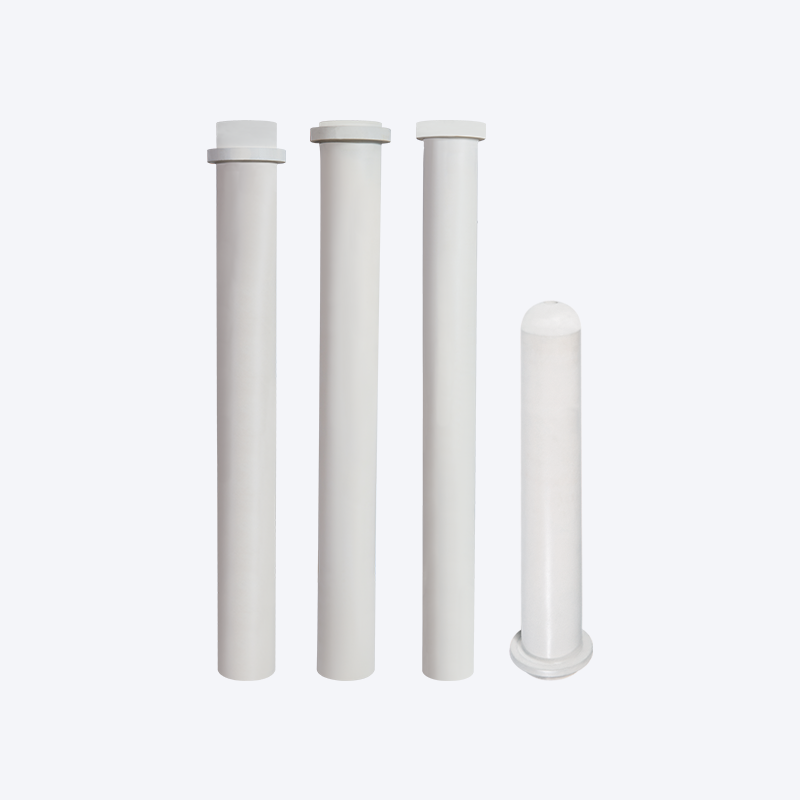Silicon Nitride Degassing Rotor: Advanced Solutions for Molten Metal Degassing
The production of high-quality metals, particularly aluminum, relies heavily on the degassing process, which is essential to removing unwanted gases, such as hydrogen, from molten metal. This ensures that the metal meets the required standards of purity, strength, and durability for a wide range of applications. One of the key components in the degassing process is the degassing rotor, and when it comes to advanced materials for these rotors, silicon nitride (Si₃N₄) stands out as an exceptional choice. Known for its unique combination of mechanical, thermal, and chemical properties, silicon nitride is increasingly being adopted in the metallurgical industry for degassing applications.
Silicon nitride degassing rotors are primarily used in the degassing of aluminum and its alloys. During the casting process, aluminum is prone to absorb hydrogen from the atmosphere, leading to the formation of hydrogen gas bubbles within the molten metal. These bubbles can cause defects in the final product, such as porosity, which can significantly degrade the metal's mechanical properties. To mitigate this, a degassing process is employed to remove these dissolved gases. The degassing rotor is submerged in the molten metal, where it facilitates the removal of hydrogen and other impurities, ensuring a cleaner, higher-quality metal output.
The advantage of using silicon nitride for these rotors lies in its impressive material properties. Silicon nitride is a high-performance ceramic known for its exceptional hardness, wear resistance, and thermal stability. In the extreme conditions of molten metal, where temperatures can exceed 700°C, the rotor material must withstand constant exposure to high heat without degrading or losing its mechanical integrity. Silicon nitride’s ability to maintain its structural integrity under such conditions makes it ideal for use in degassing applications.
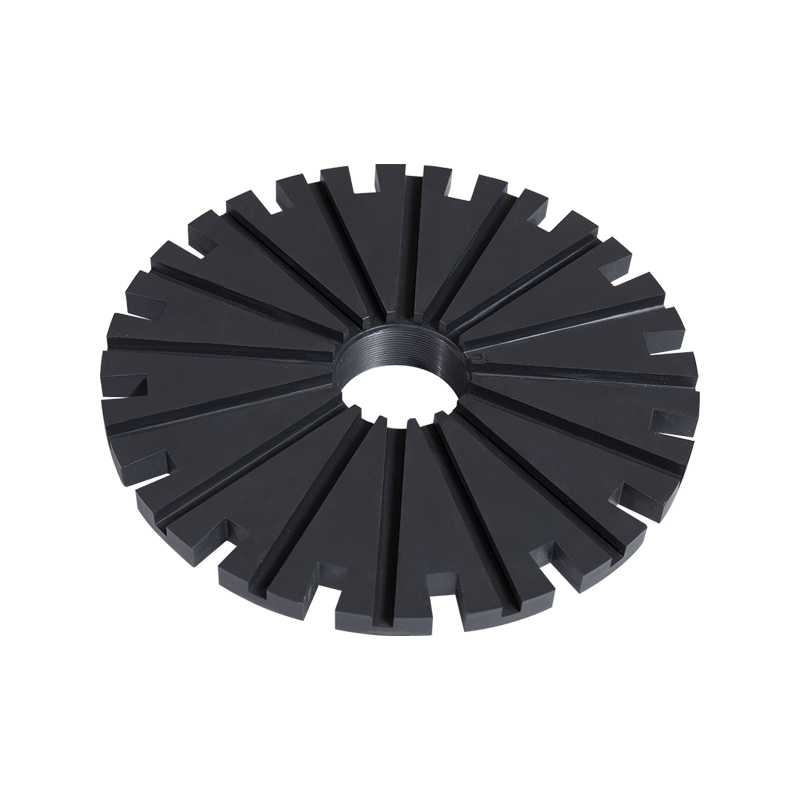
Moreover, silicon nitride is highly resistant to thermal shock. This is a critical factor in molten metal processing, where the temperature fluctuations can be rapid and intense. Unlike metals, which can warp or crack under thermal stress, silicon nitride retains its shape and strength, even when subjected to sudden temperature changes. This property ensures a longer service life for the degassing rotor, reducing the frequency of replacements and minimizing downtime in industrial processes.
Another important benefit of silicon nitride is its chemical resistance. In molten aluminum, various impurities, such as chlorine or sulfur, can be present, and these can react with other materials, leading to corrosion or degradation of the rotor. Silicon nitride, however, is highly resistant to corrosion and does not interact with these molten materials in the same way as other metals or ceramics. This resistance to chemical attack ensures that the degassing rotor remains effective throughout its operational lifespan.
The use of silicon nitride degassing rotors also contributes to more efficient and cost-effective metal processing. Because these rotors offer superior wear resistance and chemical stability, they require less frequent replacement compared to traditional degassing rotors made from metals or lower-grade ceramics. This reduces maintenance costs and downtime in casting facilities, making it a more economical choice in the long run. Additionally, silicon nitride’s ability to handle high temperatures and resist thermal shock means that it can operate at higher efficiency levels, speeding up the degassing process and improving overall productivity.
Another notable aspect of silicon nitride degassing rotors is their contribution to the environmental sustainability of metal production. By improving the purity of molten metal, silicon nitride rotors help reduce the need for costly secondary refining processes. These processes often require additional energy input and the use of chemicals, which can have negative environmental impacts. By ensuring that the metal is adequately degassed from the start, silicon nitride rotors can help reduce the carbon footprint of aluminum production and other metal manufacturing processes.
Contact Us for Quotes and Prices!
Just let us know what you want, and we will get in touch with you as soon as possible!

 English
English 简体中文
简体中文



